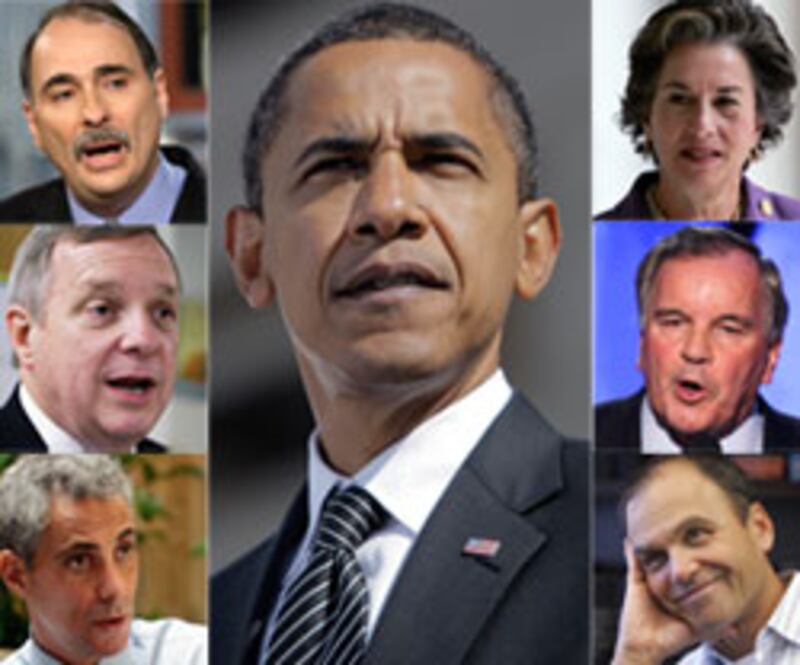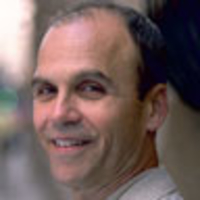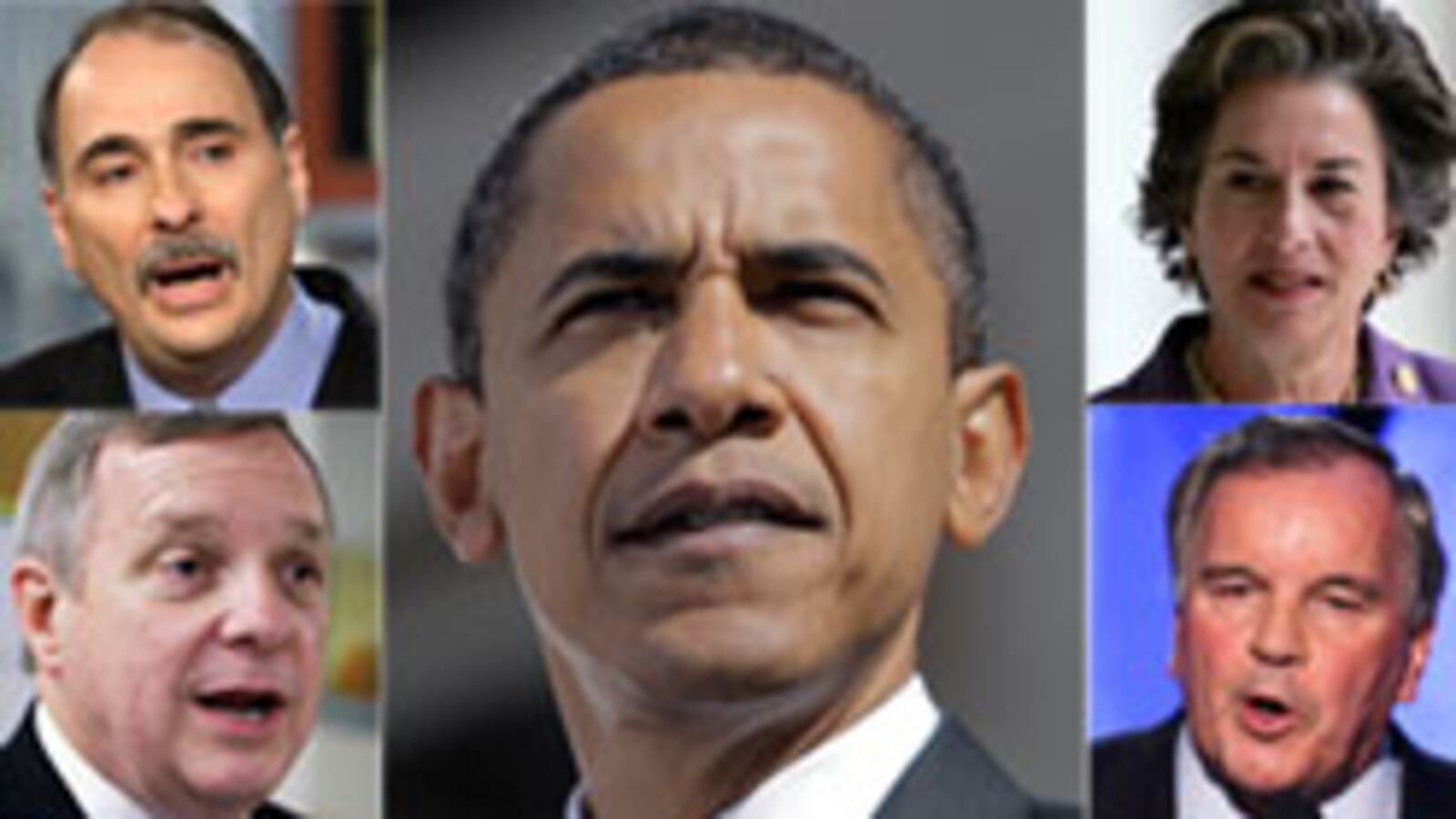
Chicago, my hometown, and far more significantly, that of Sen. Barack Obama, appears poised with his election as president—pooh, pooh, pooh!—to become the Center of the Known Universe. For a city with a permanent chip on its shoulder, a place that willingly refers to itself as the Second City and which deeply identifies with the perpetual failures of the Cubs, who, as I like to say, teach us to take the bitter with the bad—for that place, becoming in many senses the most important city in America will require some serious attitude adjustment.
But the transformation appears imminent. The president’s home city and state traditionally prosper from added attention and influence, as well as the influx of visitors inspired by curiosity about our nation’s leader. More important, Barack has already signaled that Chicago will also be America’s political center. In June, the candidate-designate merged the Democratic National Committee into his own campaign apparatus and officially moved the DNC to Chicago. The decision produced not only a more efficient and less rivalrous organization, but it also, in some eyes, deepened the political insight. Roland Martin, the esteemed radio host and CNN political commentator, credits Obama’s decision to move the Democratic National Committee to Chicago as one of the key factors in keeping his campaign in touch with the “real” America, by removing campaign officials from the barrage of conventional wisdom absorbed in the media capitals and the beltway. If it ain’t broke, don’t fix it. As president, Obama’s political apparatus is virtually certain to stay here.
Even the most hard-bitten Chicagoans have to see very good times on the horizon.
But that is not the only reason that Chicago is about to become a place with formidable political swack. There is a kind of perfect storm brewing that will greatly enhance Chicago as a power center. The Assistant Majority Leader in the Senate, Dick Durbin, the likely Majority Leader if Harry Reid ever steps down, is from Illinois, and on the House side, Rahm Emanuel, a representative from Chicago, is Chair of the Democratic Caucus, the number four position in the Democratic leadership. Jan Schakowsky, a congresswoman whose district includes parts of the North Side of Chicago, is also a member of the House leadership, as a Chief Deputy Whip. All three—Durbin, Emanuel and Schakowsky—have unusually close relations with Obama. Emanuel, a fabled political operative, who was Director of Finance in Bill Clinton’s original presidential campaign and then a senior adviser to the president, has emerged as an important figure in the Obama campaign this fall. Durbin and Schakowsky may be even closer to the man who would be prez. As the private lore goes, it was those two who were the first major elected officials in 2005 to try to convince Obama to take on Hillary Clinton in the primaries. They argued, reportedly, that Sen. Clinton would make a wonderful president, but that she would prove unelectable in November and that Obama was the only figure in the Democratic party who could seize part of Clinton’s base and wrest the nomination from her, thus saving the party—and the nation—for another four years of ruinous Republican rule. Durbin may be the closest of all to Obama, a sage figure with a sharp political wit, who mentored our junior Senator even before his election and who, should he care to leave the Senate, could end up as Attorney General.
Not only is there an unusually strong coterie of congressional leaders from Chicago, but the city is also the home to David Axelrod, Obama’s chief political strategist. Axelrod has been the keeper of the flame from the start. Even in the grim days last October, when Hillary Clinton was blowing Barack away in national polls, Axelrod was sanguine, even in private. He reminded friends that at the same point four years before the “inevitable” Democratic nominee had been—remember him?—Howard Dean. Instead, Axelrod was confident that Obama had been handed a unique advantage that would lead to victory in the Iowa caucuses. The date of the event had been pushed so far forward in the game of leapfrog being played with New Hampshire and other states that the college students, who were Obama’s chief bastion of support, would still be home on Christmas vacation. Axelrod was sure they would arrive in record numbers to caucus for his—and their—man. They did. It is great to be loyal in politics. But it is even better to be right. Axelrod’s crystal ball has been the best in the business this year.
Axelrod is a lifelong Chicagoan—a former reporter for the Chicago Tribune—who is also close to our Mayor, Richard M. Daley. Axelrod claims that he will be staying put in Chicago, but it is hard to believe that the president is going to proceed without the counsel of the man who got him this far. Axelrod can be expected to keep the perspectives and interests of Chicago on President Obama’s screen.
The most obvious consequence of all this power congregating in one city will be not only that Chicago and Illinois will clearly get more than its share of pork, but that the fondest dream of Mayor Daley is suddenly far closer to reality. For a few years, Daley has been ardently pursuing the 2016 Summer Olympics for Chicago; the city has now been short listed along with three other cities—Tokyo, Rio and Madrid—by the International Olympic Committee. Daley has been heard to say in private for months now that the best thing that could happen to Chicago’s chances would be an Obama victory. Even as a mere candidate, Barack Obama is probably the most popular political figure in the world, capable of drawing Pope-sized crowds on every continent he has visited. Even his quiet support is likely to have a huge impact on the IOC selectors, especially since it brings with a tacit promise to lend the prestige, power and even the fundraising prowess of a uniquely magnetic and unifying figure to the games.
The Olympics will provide an extraordinary valedictory for both men. Mayor Daley sees the Olympics as the capstone of what had been almost without dispute the most successful long-running mayoralty in America in the last couple of decades. Chicago has flourished under his leadership in almost every way, far more unified, economically vital, and even boasting an improved public school system, a claim almost no other large city can make.
Obama would probably be happy enough to aid the Mayor, who has emerged as an important political ally, after a rough patch early in Obama’s career. While Obama was a young state senator, Daley persuaded the then Republican Gov. George Ryan to support important gun control legislation. The bill was called in the veto session and Obama was absent, off on his family’s annual holiday pilgrimage to see his grandmother and other relatives in Hawaii. Obama explained that one of his daughters was seriously ill and that he did not feel he could leave her. But Daley, a man of many grudges, was angered when the gun bill went down to defeat by a tiny margin.
That hatchet was buried during Obama’s successful run for the U.S. Senate. And the Mayor was a pivotal and early supporter of Barack’s presidential quest. Nonetheless, Barack’s support for the Olympics in Chicago will serve his own interests as well. The Chicago Olympics in 2016 would fall in what is surely envisaged as the last year of the Obama presidency. The prospect of the world’s leading summer festival, a celebration of world unity, taking place in his hometown cannot help but be appealing to a man who will then be intent on his legacy, especially since not only the athletes, the city and the mayor, but the president will be an implicit object of veneration.
A city that has seen its Cubs snatch defeat from the warm grasp of victory on so many occasions is likely to carefully look all these gift horses in the mouth—and to remain nervous until all the votes are counted. But even the most hard-bitten Chicagoans have to see very good times on the horizon.






